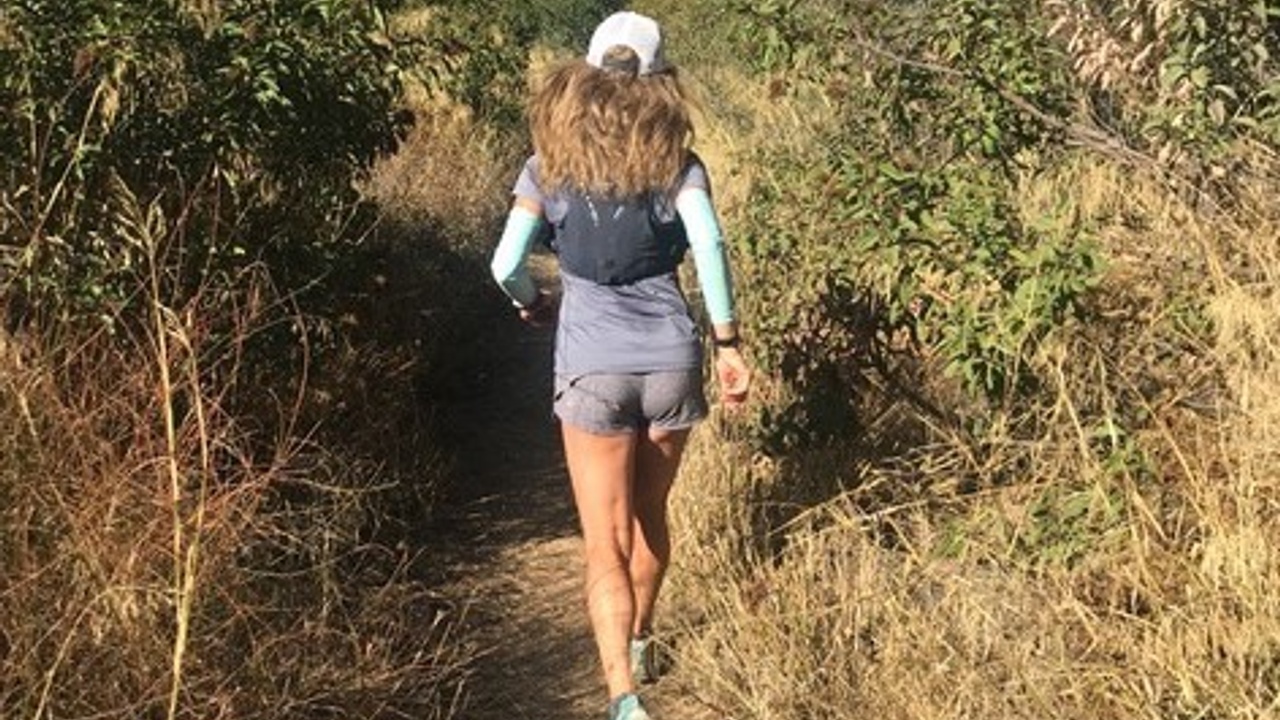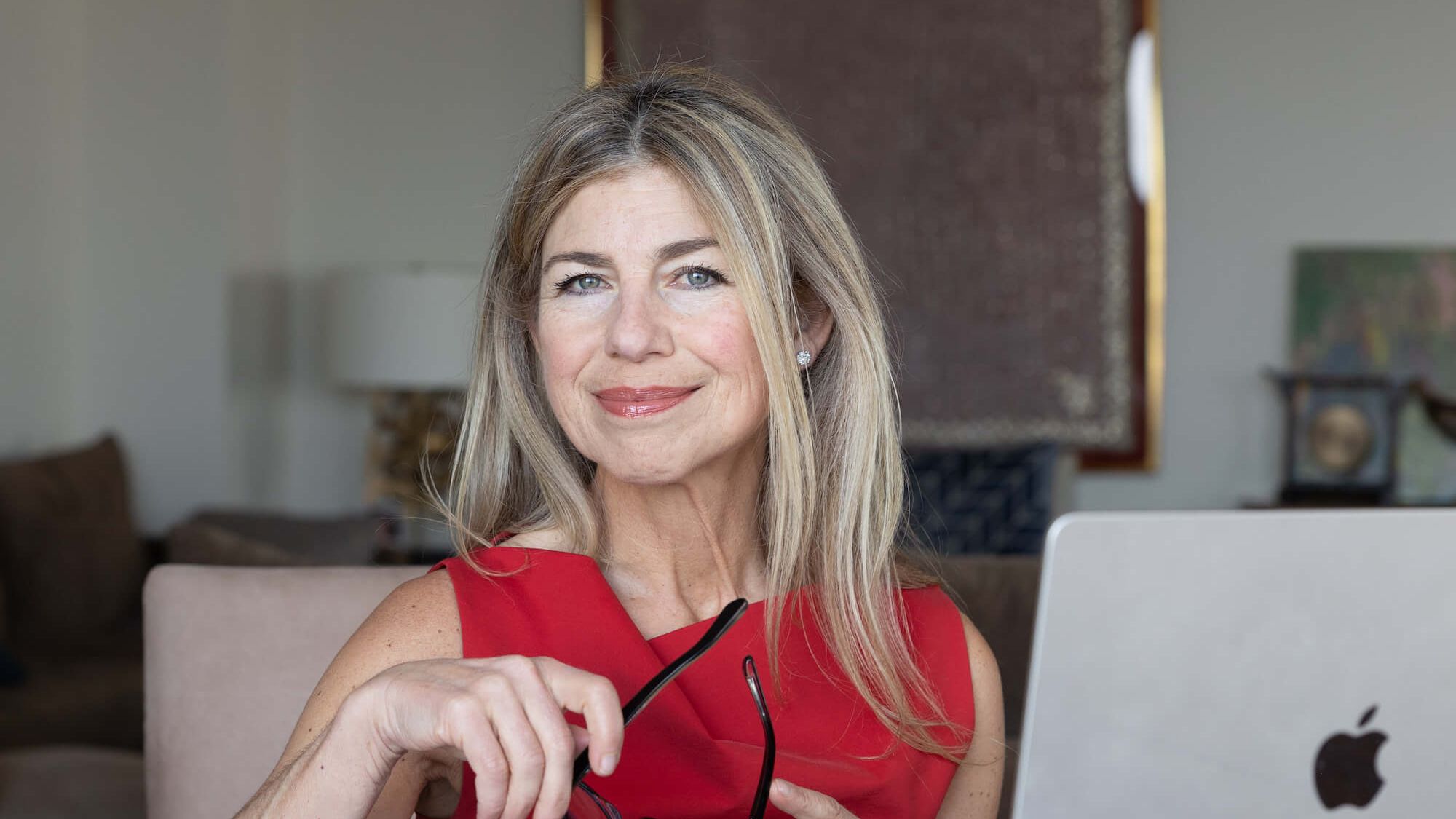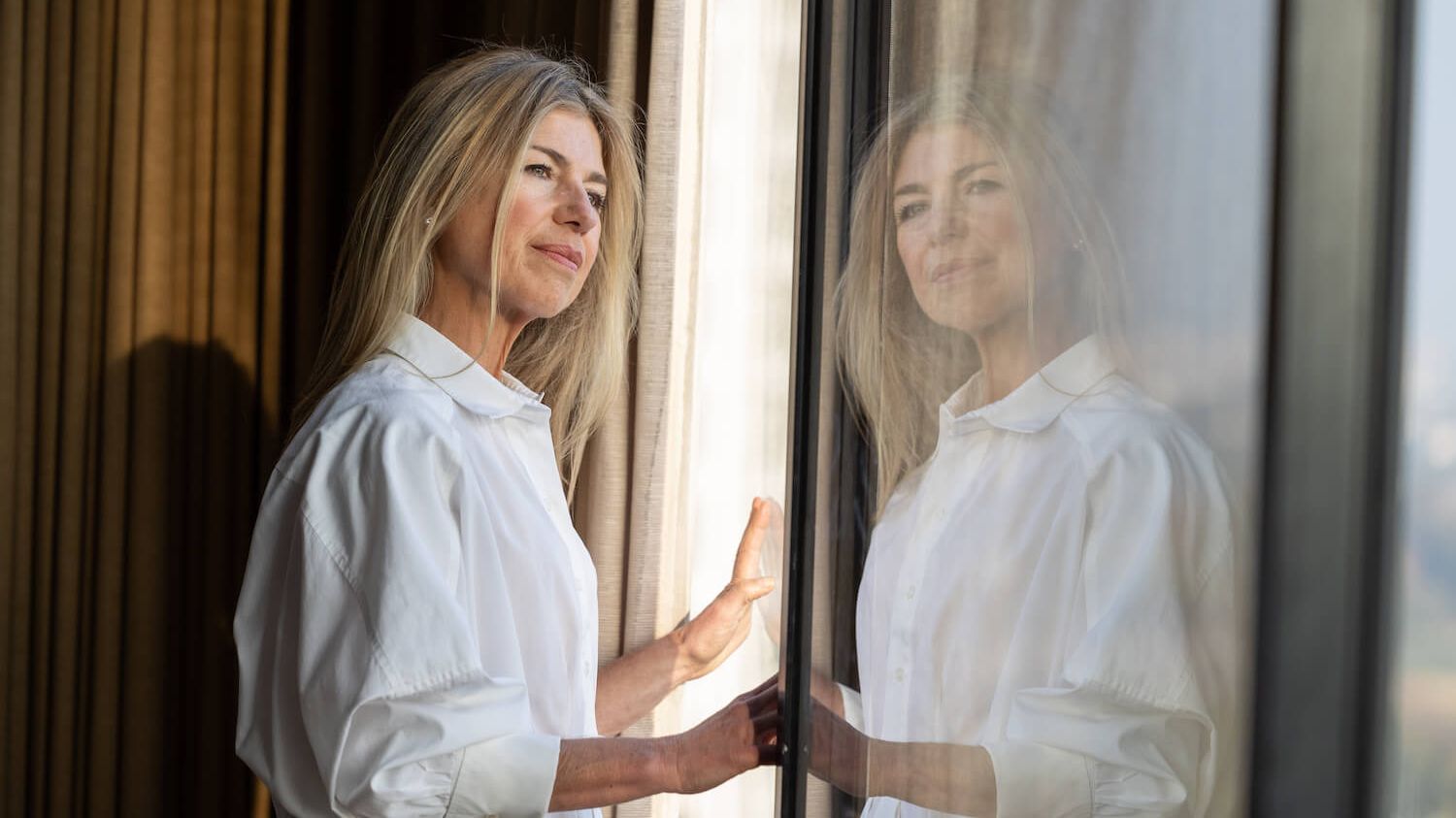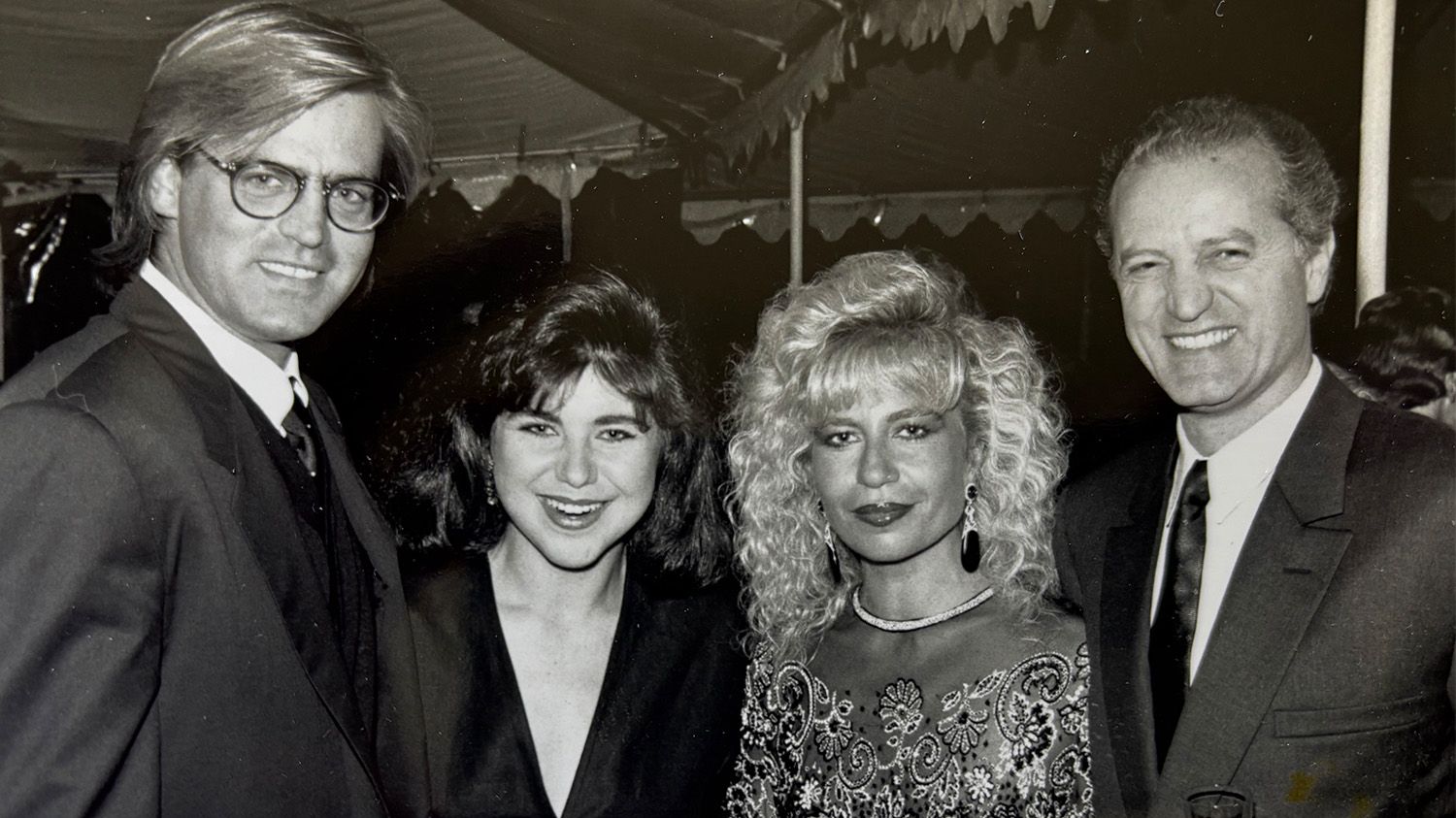Becoming A Deliberate Something

I’m often asked how I became an ultrarunner, and the short answer is, “One step at a time”. The deeper answer has something to do with loss and humility.
I started running in my teens as a means to an end. Whether that end goal was to lose weight, produce positive endorphins, or just clear my head, running was an activity I did solely for the result. It was something to be won and done before I could start or see my day as complete.
I applied my “hard-charging and no prisoners” mindset to running as equally as I did to the rest of my daily activities. Although I got the proverbial job done, I was often less than present and deliberate in the doing. I ran an average of 4 miles a day - enough to call myself a runner - but I was rarely connected to my body when I did it. Running was a transaction for me.
Until it wasn’t.
Like so many others have experienced, I started to feel strange and new pains in my body during my early 40’s. Given that my actions across all areas of my life were dictated by a mindset of “all problems can be solved by applying more force, working harder, and just doing more”, I first ignored the pain. I then spent months (and ultimately, years) going from one doctor to another, and finally - and literally - could no longer run at all. Reader, if you are the kind of person who loves certainty and wants a tidy ending (i.e. all of us humans) you may want to stop reading now.
I have come to believe that my bodily pain is rooted in several decades of using my body and taking it for granted, rather than treating it as the sacred, borrowed gift that every single human body is. If I wanted something, my body’s job was to get it done. This was not a conversation. It was an order and my body complied until it no longer could. Many of us can relate to this predicament, because we have gone through the rabbit hole that is “chronic pain”, and have emerged on the other side with a sneaky suspicion, if not a strong belief, that our seemingly overnight appearing pain took years to become itself, and has been cultivated and nourished by our mindset and lifestyle.
Loss and humility don’t always go hand-in-hand, but they did for me. Because I had used running as a badge of honor and a means of controlling rather than solving other issues in my life, the loss of this ability hit me hard and left me physically and emotionally on my knees. As it became clear that I may never be able to run again, because even walking was difficult, I was overcome by grief, but also gifted with a measure of humility.
I started to notice the folks who were in so much worse shape than I, but showed up and made a deliberate effort to do what they could in whatever shape their bodies were at any given moment. I noticed my runner friend, with a pronounced limp, who didn’t run fast but was joyful and consistent. I noticed the 80-year-old lady who showed up at my neighborhood park regardless of the weather. I noticed the man in the wheelchair who, although unable to walk, looked happy and grateful to be out breathing fresh air and feeling the sunshine warm his skin. I never noticed any of this before, because when we are hard-charging, transactional, and in a hurry, we are almost always living entirely in our heads - a narrow and often, unforgiving place.
Humility, which unfortunately often rides shotgun with loss and grief, is the doorway to leaving the small and busy world in our heads and entering the far more generous, spacious, and possibility-laden world that exists outside. I was a runner before my body crashed, but humility was an opening for me to become an athlete.
You would be hard-pressed to find a professional athlete who doesn’t first and foremost respect her body. An athlete is someone who appreciates the millions of things that have to simultaneously work well so they can take one breath or one step. An athlete does not borrow from her future self to please a momentary present desire, because she knows that “protecting the asset” is her number one job in life. An athlete defines herself by her effort, not a medal or external acknowledgment. She is no less of an athlete when she is injured or taking a break from her sport because she is (at her best) always in a generous and loving conversation with her body. An athlete takes the gift and asks, “What can we do today?”
For me, it started with a slow walk on the trails, where the quality of the terrain allowed for more ease and less pain. Over time, and as my mind aligned with my body, I began to fall in love with the earth, the trees, the mountains, and the sky that I had rarely paid attention to before while “exercising”. In cultivating a more loving and joyful (not judgemental) conversation with my body, it began to give me permission to do more - to move a bit faster, to climb a bit higher.
The distance between those slow and one step at a time walks and being able to run 30 or 40 miles in the mountains, was only a few years - surprisingly short even to myself. But one thing I know for sure is when we make the shift from being an accidental anything (in my case, runner) to a deliberate something, our growth is often exponential and not incremental.
In what area of your life would you like to become more deliberate and less accidental? How do you imagine your sense of life fulfillment would be impacted by such a shift? As always, I welcome your thoughts, insights, and a deeper conversation.
P.S. I’m committed to sharing my Life Coaching skills and tools out into the world, in the hope that it can help others. If this blog resonates with you, please consider forwarding it to anyone who may benefit from it. If this was forwarded to you, subscribe here.
Follow me on social: Instagram | Facebook | LinkedIn







